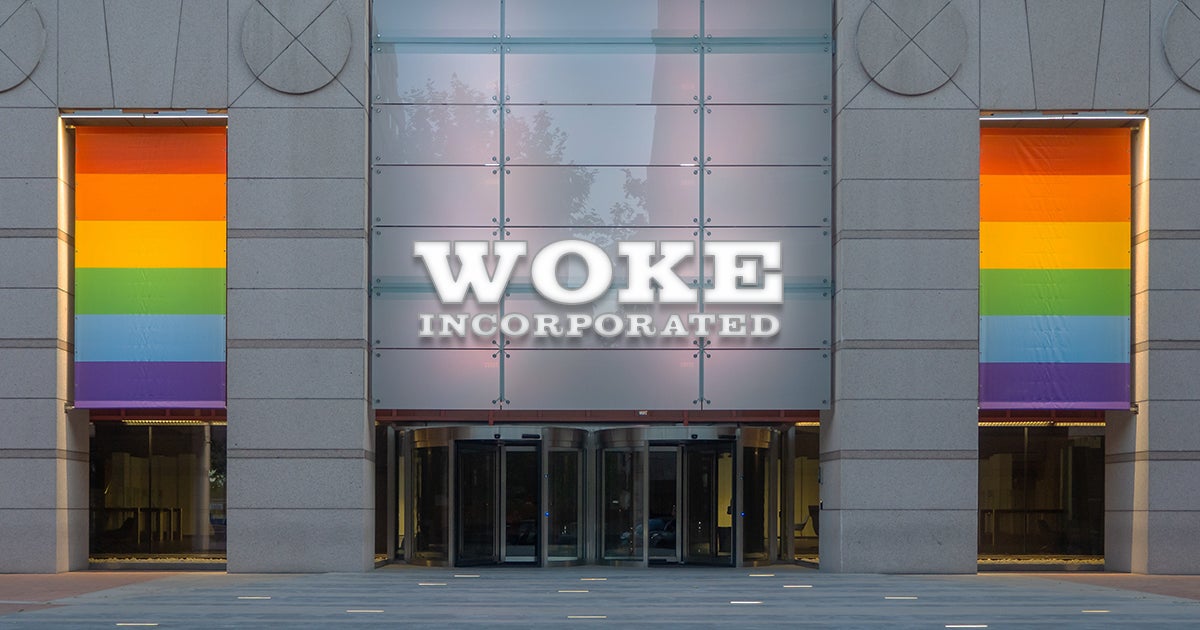
by Alexa Hassell & Jorge Gomez • 5 min read
Employers are increasingly confronting challenges between religious freedom and LGBTQ activism, according to legal experts.
Kelly Dobbs Bunting, an attorney at Greenberg Traurig, recently spoke at the Society for Human Resource Management annual conference. She emphasized that the conflict between woke ideology and religious liberty “is coming to you if it is not already there.”
Bunting pointed to two important cases highlighting the growing tension between religious beliefs, sexual orientation and gender identity at work:
First Liberty’s legal experts have also warned about corporations jumping on the woke bandwagon and adopting policies harmful to religious employees.
Sharon Gustafson, an attorney who works alongside First Liberty, previously served as the General Counsel for the EEOC and has a stellar career with over 30 years in employment law. Speaking recently at a conference, she explained how a new agenda known as Diversity, Equity and Inclusion (DEI) threatens to relegate religious employees to second-class status.
What’s DEI? It’s when a company or institution adopts a policy that specifically favors one group (i.e., racial minorities, LGBTQ individuals, women) in employment practices, decisions and policies over others. While the name may sound noble, the DEI agenda is a harmful practice that proactively encourages discrimination against religious people.
The same agenda that promises to increase diversity, equity and inclusion in all spaces has led to the exclusion, alienation and even the “canceling” of people of faith in the modern workplace.
DEI has become a form of soft totalitarianism. It’s used to force people of faith to behave as if they celebrate ideas or actions that go against their religious beliefs. If they don’t, they risk losing their jobs.
Does the Law Protect Religious Expression at Work?
As people of faith confront a hostile corporate culture, it’s perhaps more important than ever to understand what the law says about religious discrimination and accommodation. First Liberty attorney Becky Dummermuth wrote an article titled Marketplace Q&A: What Rights Do Religious Employees Have in the Workplace? She explains that Title VII of the Civil Rights Act prohibits discrimination against religion in the workplace.
The law states that businesses cannot discharge employees on the basis of their religious convictions. Employers must accommodate the sincerely held religious beliefs of their employees when it does not impose an undue hardship on the employer. Additionally, the law provides that employers may not create a hostile work environment on the basis of religion. This means employers must protect employees from religious harassment.
To learn more about your legal rights, we encourage you to download this free resource: Religious Liberty at Work Q&A.
Dummermuth, however, notes that companies do not always honor their legal obligation and sometimes discriminate against workers on the basis of religion. She mentions two First Liberty cases in which employees are challenging their employers’ decisions to fire them for their respectfully expressed religious beliefs.
First Liberty filed suit in federal court on behalf of Lacey Smith and Marli Brown, two Christian flight attendants who were fired for their religious beliefs.
Acting on their religious beliefs, they politely asked about Alaska Airlines’ political support for the “Equality” Act, after the company invited employees to discuss the topic in an employee-only forum. Both of them were concerned about the impact the bill could have on freedom—a concern shared by millions of Americans. The airline disparaged their beliefs and promptly fired them simply for asking questions.
We’re also defending Robyn Strader—a highly-credentialed nurse practitioner—who was fired from CVS Pharmacy. The company had previously accommodated her religious beliefs without issue for six-and-a-half years. Why? Because CVS wants to force its employees to prescribe abortifacients, even when it violates an employee’s religious beliefs.
First Liberty filed a charge of discrimination at the EEOC, making it clear that Robyn should not be forced to choose between her faith and her livelihood.
Whether it’s in the boardroom or the breakroom, woke corporate culture continues to pose a serious threat to religious employees. Your support is critical to help Lacey, Marli and Robyn get the justice they deserve. By protecting the jobs of people like them, you’re also safeguarding your own job and the jobs of people close to you. Please give now and join First Liberty in this fight.